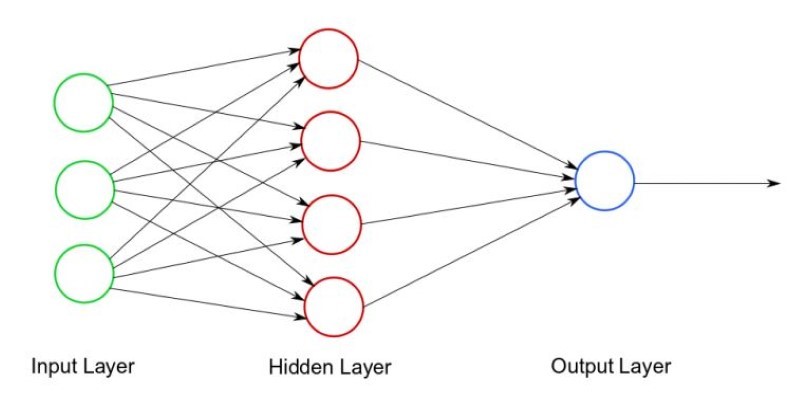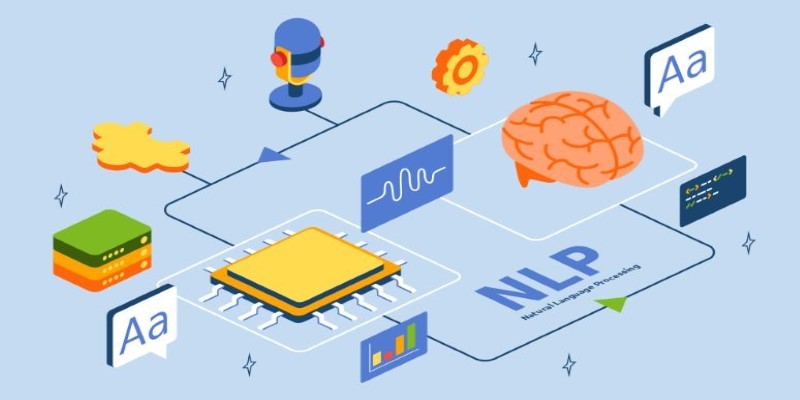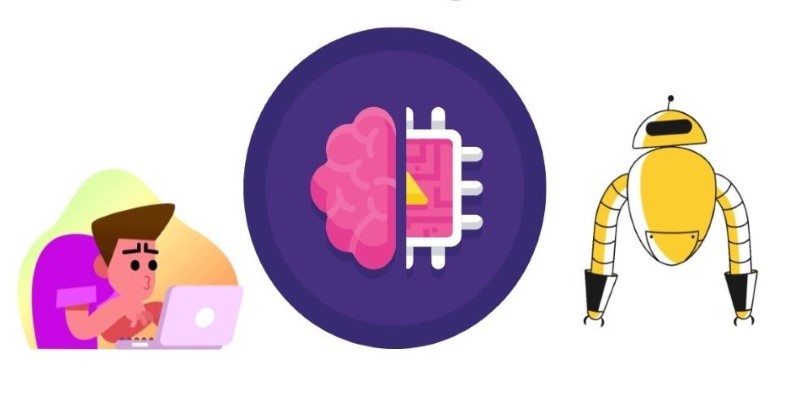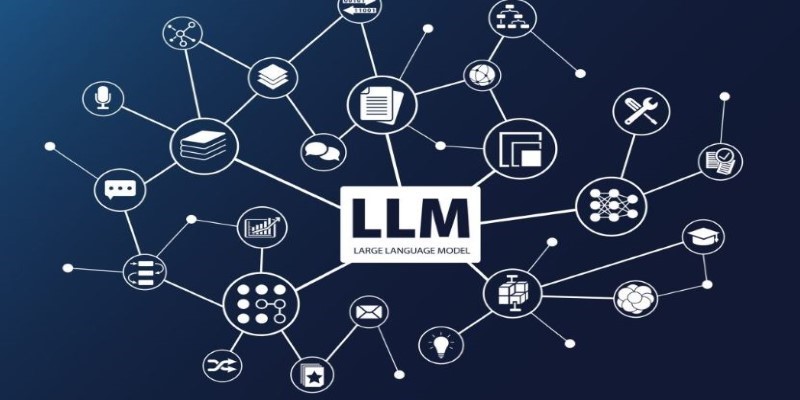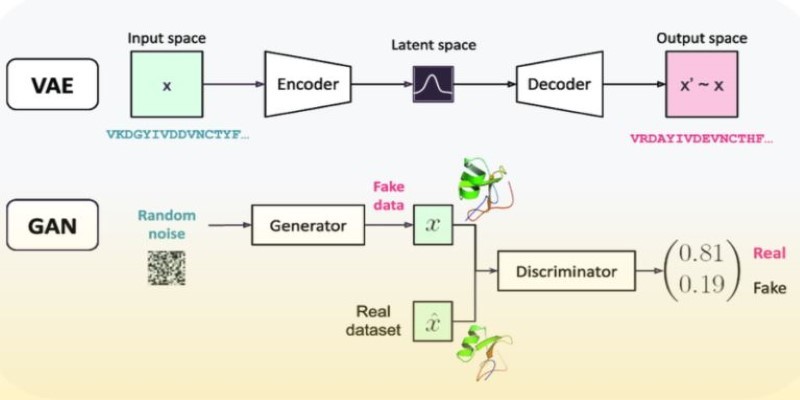There are significant changes that are being observed in the healthcare industry, which are a result of the technological developments that are taking place in the field. The given trends of healthcare for 2025 will indeed go a long way in shaping the healthcare systems and practices of the future through innovations. From diagnostics to hospitals, technology in medicine has advanced in a way that it is making the healthcare system much more personalized and equipped with big data. The future of medicine will embrace technological advancements such as automating diagnosis, remote diagnosis, and personalized treatments, through which doctors will engage the patients. These aspects are important for anyone interested in the field of medicine, patients, and stakeholders in particular.
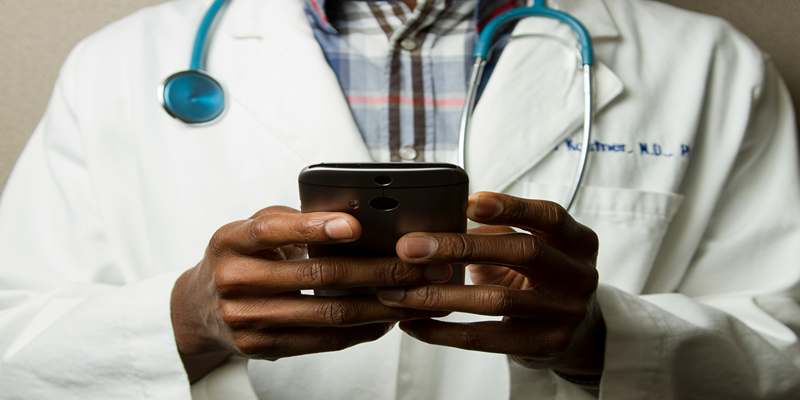
1. AI and Automation in Healthcare
AI-Powered Diagnostics and Treatment
Diagnostics is another area that has been enhanced through the use of artificial intelligence, where diseases are diagnosed faster and more accurately. Convolutional neural networks can detect diseases like cancer, heart disorders, neurological disorders, etc., with an extremely high accuracy. Also, it is possible to use AI in the diagnosis and treatment of the disease through the use of predictive analytics that assist the doctors in recommending appropriate treatment based on the patient’s medical history and genetic makeup. These are some of the ways through which the use of AI in the diagnosis of the disease will improve the patient’s overall well-being and safety and increase the effectiveness of the treatment process.
Robotic Surgery and Automation
Another advancement in the field of medicine is the use of robotics in conducting operations. With the help of robots, a surgeon is in a position to have precision in doing minimally invasive surgery with the help of artificial intelligence. These systems help in decreasing the probability of the error, minimizing the damage that can be caused to the tissues, and contributing to the patient’s early recovery period. They are also used in the dispensing of drugs in hospitals in order to minimize cases of errors that may occur when the drugs are administered. In addition to that, AI automation also enhances administrative support outside the operating room and, in the process, lowers patient wait times.
2. Telemedicine and Remote Patient Monitoring
Telemedicine is on the way to changing the health care delivery system since it is making consultations easier to access. Telemedicine facilities include diagnosis, prescription, and suggestion for the treatment of patients without physically examining them. This helps to minimize the number of physical appointments, which is convenient for patients in remote or poorly equipped with advanced medical technologies regions. Telehealth was adopted due to the pandemic measures, and in 2025 it is still regarded as an essential part of the healthcare system. Doctors could follow up, manage long-term illnesses, and provide counseling through video or even an application on the patient’s phone. With advancements in digital platforms, telemedicine will only continue to grow, which will prove beneficial in increasing access to healthcare as well as decreasing the load on the healthcare facilities.
Integration of AI in Remote Patient Care
AI is contributing towards improving the remote patient monitoring as they are used in developing intelligent monitoring systems. Wearable devices gather information about the patient’s condition, and AI technologies help doctors to make appropriate decisions in advance. Smart devices, based on AI, offer users personalized health advice and reminders about taking medicine. It is also possible to predict the worsening of a patient’s condition and inform practitioners ahead of time. This helps to enhance the quality of patient care as well as decrease the number of patients who get readmitted to the hospital. Thirdly, remote monitoring through artificial intelligence facilitates elderly care because of constant monitoring of their health. Thus, as the technologies advanced and the ability to utilize AI and digital health solutions increased, remote patient care will increase its reliability and reach.
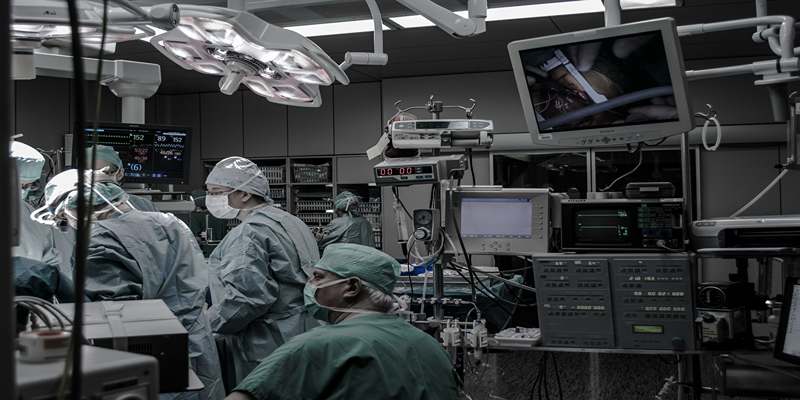
3. Personalized and Precision Medicine
It is evident that in the future, medicine will be more individualized depending on the patient’s genetic information. Genomics and precision medicine enable the physician to treat the patient based on his or her genetic makeup in order to avoid side effects and increase the efficiency of the medicine used. This is especially true for inherited diseases and rare genetic disorders, and with the help of the new technologies such as CRISPR. This is where medical practitioners examine a patient’s DNA to determine the probability of the occurrence of a certain disease and how to prevent it. Individualized therapeutic interventions are more effective and are quite a shift from generic treatment methods. With the advancement of genomic studies, precision medicine will become an integrated part of the new generation health system.
4. The Rise of Smart Hospitals
The IoT is now the key to delivering smart healthcare services through smart hospitals. The connected devices also help in the observation of the condition of the patients, the tracking of the vital signs, and provide alarms in case of an emergency. Smart hospital beds have a system that helps them to modify their position to ensure that the patient feels comfortable and does not develop bedsores. It is notable that automated systems assist in the proper management of inventories to guarantee availability of stocks on the shelves. IoT integration also enhances infection control as it has the capability of monitoring hygiene standards. Through the use of real-time information, smart hospitals are able to improve the safety of their patients as well as increase system productivity. The use of IoT technology in healthcare is set to become the norm in today’s society and hospitals to improve the response time and effectiveness of medical care.
Conclusion
These are the trends that have emerged in healthcare in the year 2025, and they are changing the face of medicine dramatically. New technologies like artificial intelligence, telemedicine, wearable health devices, and smart contracts, which are based on blockchain, are changing patient care. It is perhaps in the realm of healthcare that the impact of financial and technological innovation is set to become most profound as medicine evolves into an increasingly automated, precise, and digital field that makes healthcare more available and effective. These trends are still unfolding, and this calls for healthcare providers to adopt technology in order to improve the quality of the patients. The following are the benefits of the proposed system that will be realized both by the medical practitioners and the patients in case the latest innovations are kept informed.


